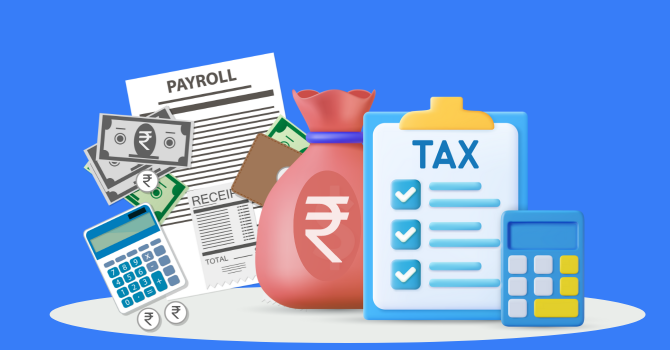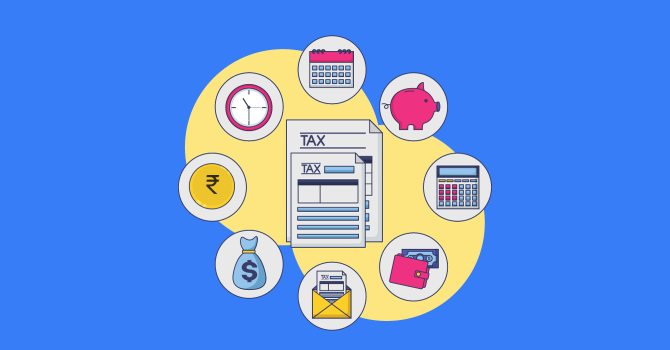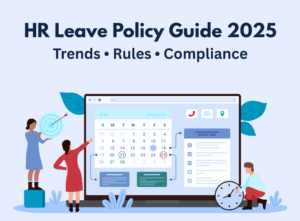Introduction
Payroll tax is a fundamental aspect of every working individual’s financial life. It’s a crucial source of revenue for governments, as it funds various public services and social programs. In this blog, we’ll demystify payroll tax by exploring what it is, how it works, and why it’s important for both employees and employers.
What is Payroll Tax?
Payroll tax, often referred to as employment tax, is a tax levied on both employees and employers. It’s withheld from an employee’s paycheck by their employer and is subsequently remitted to the government. This tax plays a pivotal role in funding government programs, such as Social Security, Medicare, and unemployment benefits.
Types of Payroll Taxes
There are several types of payroll taxes, each serving a specific purpose:
Federal Income Tax: This tax is withheld by the employer and sent to the federal government to fund various federal programs and services.
Social Security Tax: Also known as the Federal Insurance Contributions Act (FICA) tax, it funds Social Security benefits for retirees and people with disabilities.
Medicare Tax: Another component of FICA, this tax supports the Medicare program, which provides healthcare benefits to eligible individuals.
State Income Tax: In many states, employees also pay state income taxes in addition to federal income tax. The rates and rules vary by state.
Unemployment Tax: Employers pay this tax to fund unemployment benefits for workers who lose their jobs.
The Payroll Tax Process
Employee Withholding: Employers calculate and deduct payroll taxes from their employees’ paychecks, based on their earnings and applicable tax rates.
Employer Contributions: Employers are responsible for their own contributions, including Social Security and Medicare taxes, in addition to matching the amounts withheld from employees’ paychecks.
Reporting and Payment: Employers must report and remit payroll taxes to the government on a regular schedule. The reporting frequency may vary by the tax type and the size of the business.
Compliance: Employers must comply with federal, state, and local tax laws and regulations. Non-compliance can result in penalties and legal consequences.

Why Payroll Tax Matters
Funding Social Programs: Payroll taxes play a vital role in funding government programs that provide financial security and healthcare for retirees, the disabled, and those in need.
Tax Withholding: Payroll taxes help individuals fulfill their tax obligations in smaller, manageable increments throughout the year, reducing the likelihood of large tax bills at the end of the year.
Social Security and Medicare: Payroll taxes contribute to Social Security and Medicare, two critical safety nets for Indians. These programs provide income and healthcare support during retirement and in times of medical need.
Economic Stability: A stable payroll tax system is essential for the overall health of the economy, as it ensures that necessary government programs and services are funded.
Staying Informed
Understanding payroll taxes is essential for both employees and employers. It’s crucial to stay informed about changes in tax laws and regulations, as these can impact how much is withheld from your paycheck and your overall tax liability. Employers should also ensure they accurately calculate, withhold, and remit payroll taxes to maintain compliance.
Conclusion
Payroll tax is a cornerstone of our financial system, playing a critical role in funding government programs that provide social benefits and financial security. By understanding how payroll tax works and staying informed about changes in tax laws, employees and employers can navigate their financial responsibilities and contribute to a stable and prosperous economy.




